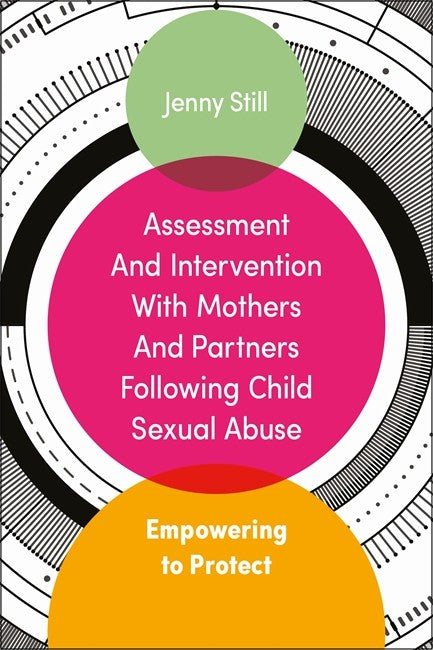Introduction. 1. The complexity of assessing non-offending mothers and partners. 2. Did she know? Can she protect? Belief, disbelief and denial. 3. The addition of the offender perspective to our understanding of mothers and partners. 4. Understanding sex offenders: how much do we need to know and why? 5. Two simple models for understanding sex offenders for use when working with mothers and partners. 6. Applying knowledge of sex offenders when working with mothers and partners. 7. The impact of the offender on the mother/child relationship. 8. The effect of the offender on family dynamics. 9. What can hinder a good assessment? The need to see it from the mother's or partner's perspective. 10. Are we all speaking the same language? The need for improved inter-agency understanding. 11. Assessment of the mother/partner: pre-assessment planning. 12. The importance of engagement and motivation. 13. The assessment interview: what questions to ask, why, how and when. 14. Intervention: empowering mothers and partners to assist and to protect their child and family.
Request Academic Copy
Please copy the ISBN for submitting review copy form
Description
Jenny states ""My aim throughout the book is to provide a basic grounding in understanding sex offenders and to weave that knowledge much more into our understanding of mothers and partners"". For me the book does exactly that. It deals with what can be some potentially emotive issues with great care, whilst ensuring that the practitioner has a clear understanding of why things should be done in the way Jenny suggests. The work is based on theory but it is also firmly based on Jenny's excellent knowledge and understanding of the subject area. All in all it weaves theory with the knowledge and skills required to achieve the aims and objectives of the intervention, while illustrating practice application. The book is a 'must read' for all those who are involved in this area of work as well as those who assess children and families in other situations.

